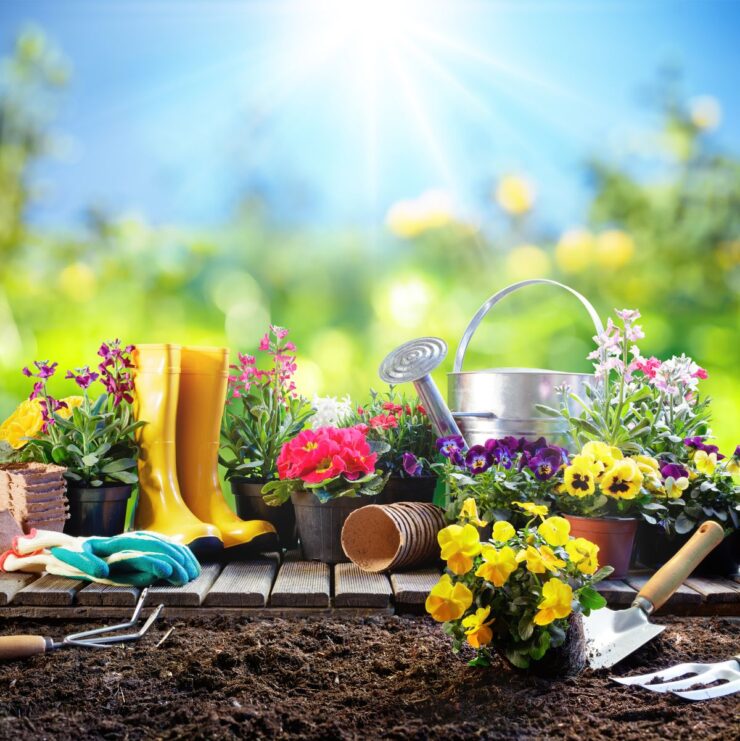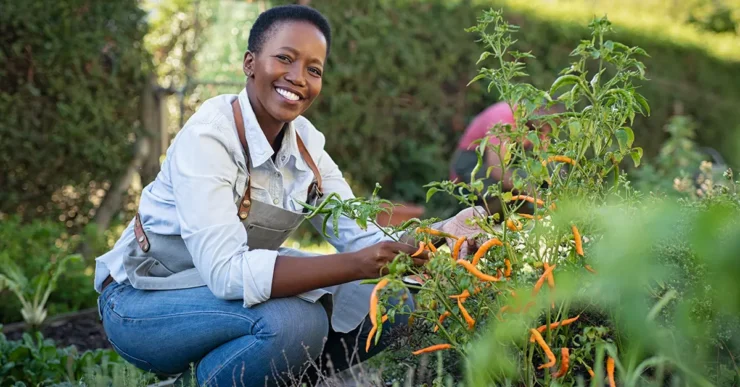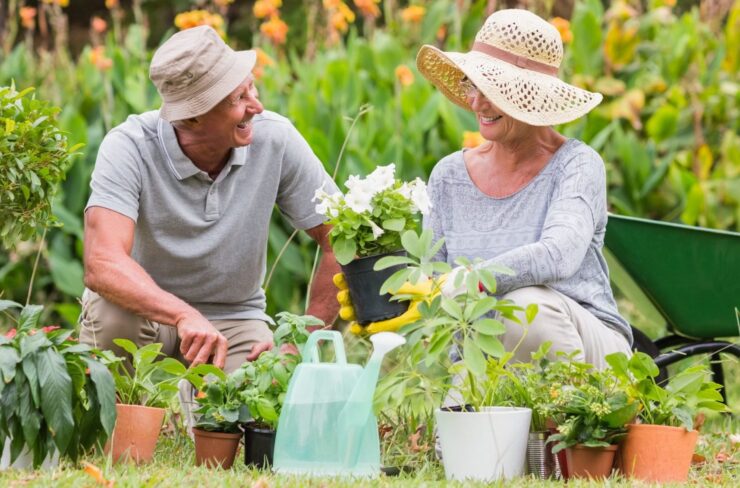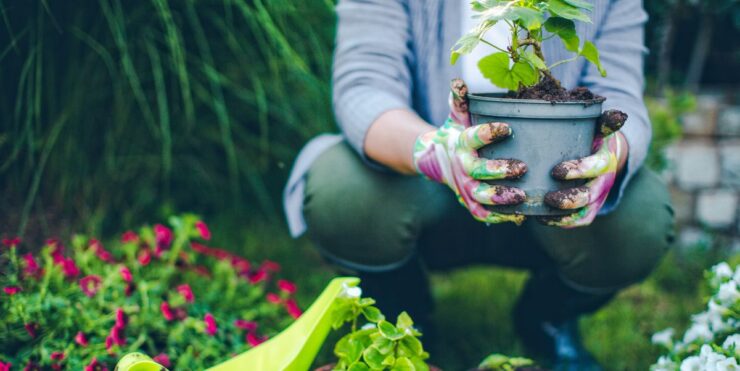Gardening can impact your health in both positive and negative ways, and it is important to be aware of these if you are an avid gardener or tend to your garden and backyard often. As such, here is more information about the ways in which gardening can affect your health in both the short and long term.
What are the negative effects?

When you are gardening, you need to be careful if you have a pollen allergy, especially if you are gardening in the spring or summer months. Pollen allergies can leave you incredibly miserable. For instance, you might get a sore and inflamed throat, you might feel breathless and have a tight chest, and you might have red and watery eyes. You might also find that you keep sneezing, have blocked sinuses and have a cough. As such, if you are experiencing these pollen allergy symptoms, you should consider visiting chemistclick.co.uk. They offer a range of medications for pollen allergies, including antihistamines like fexofenadine. These can stop you from reacting to pollen allergens in your backyard and can ensure that you can spend longer outside before your allergy takes hold.
Gardening can also trigger flare-ups for those with chronic pain, especially those with arthritis. This is because, when you are gardening, you will usually have to kneel or bend down for long periods of time, and you will have to put a lot of physical strength into your gardening efforts. To alleviate this pressure on your joints and your musculoskeletal structure, you should consider using a gardening cushion or pillow to support you and ensure that your knees can rest on something soft.
You should also consider using arthritis-friendly tools that are lighter and have been designed for those with joint problems. You might also plant raised beds, get someone to help you when lifting heavy items, and do all your gardening a little bit at a time. This will lessen the strain that you are putting on your body while you are gardening.
When you are gardening, you might also develop repetitive stress injuries from all the work that you are doing in your backyard. As such, you should try to mix up the actions that you are performing in your garden. You should perform stretches, try to correct poor posture, and make sure that you are aware of your limits when you decide to complete tasks. You might even call in a professional to help you to maintain your backyard and garden if you are struggling to do this without causing yourself injury and pain.
If you do get an RSI, you should look into physical therapy options, and make sure that you rest the affected part of your body for the foreseeable future. You might even have to have surgery, for instance, if you have damaged your carpal tunnel. This is only in severe cases, though, so you should not worry about this when gardening.
What are the positive effects?

However, gardening can also impact your health in several positive ways, too. For instance, gardening can help you to boost and protect your mental health. Gardening is one of the top self-care practices for those with depression and anxiety, as gardening can help you to invest in the future and feel as if your actions are having a positive impact on the world. Gardening is a repetitive daily task that you will need to perform on a daily basis and keeping your plants alive and well can help to give you purpose.
Not only this but looking out on a bright and colorful garden can improve your mood and release endorphins around your body, even if you are looking at it from outside your window. Even if you do not have your own backyard, you might consider visiting the local allotments or joining a local gardening club to see what you can grow and meet other like-minded people. You might also decide that you want to go fruit and vegetables in your backyard, which can encourage you to cook.
Many people decide to take up gardening when they want to stay fit, and you will be able to burn up to around 300 calories by deciding to perform fun gardening chores like planting flowers and weeding. As such, instead of forcing yourself to take up a type of exercise that you do not enjoy, you should instead opt to try out gardening. You might also try out more strenuous activities such as digging over the soil and mowing the lawn. After you have performed these tasks for a while, you might decide to test your limits by enjoying them for longer and longer and building up your stamina each day.

Not only this, but gardening can help you get all the vitamins and minerals that you need. There are many states which have high rates of vitamin D deficiency due to their lack of sunlight throughout the year. As such, you should combat this by trying to soak up as much sun as possible and a great way to do this is by getting out into your backyard and gardening. However, when you are out in your backyard for a long period, it is vital that you wear sunscreen, as well as sunglasses and a hat, as these can prevent you from getting sunburn or heatstroke, which can have the opposite impact on your health. You may still have to take vitamin D supplements depending on the time of year that you are gardening, though.
Gardening can have both positive and negative effects on your health, and yet it can be a great activity to enjoy in moderation and with the right preparation, whether you have a pollen allergy or chronic pain, or whether you are struggling with a vitamin D deficiency or depression, As such, to maintain your physical and mental health, it is important that you get out into your backyard and try your hand at gardening, after taking a few precautions and while staying aware of the risks.

